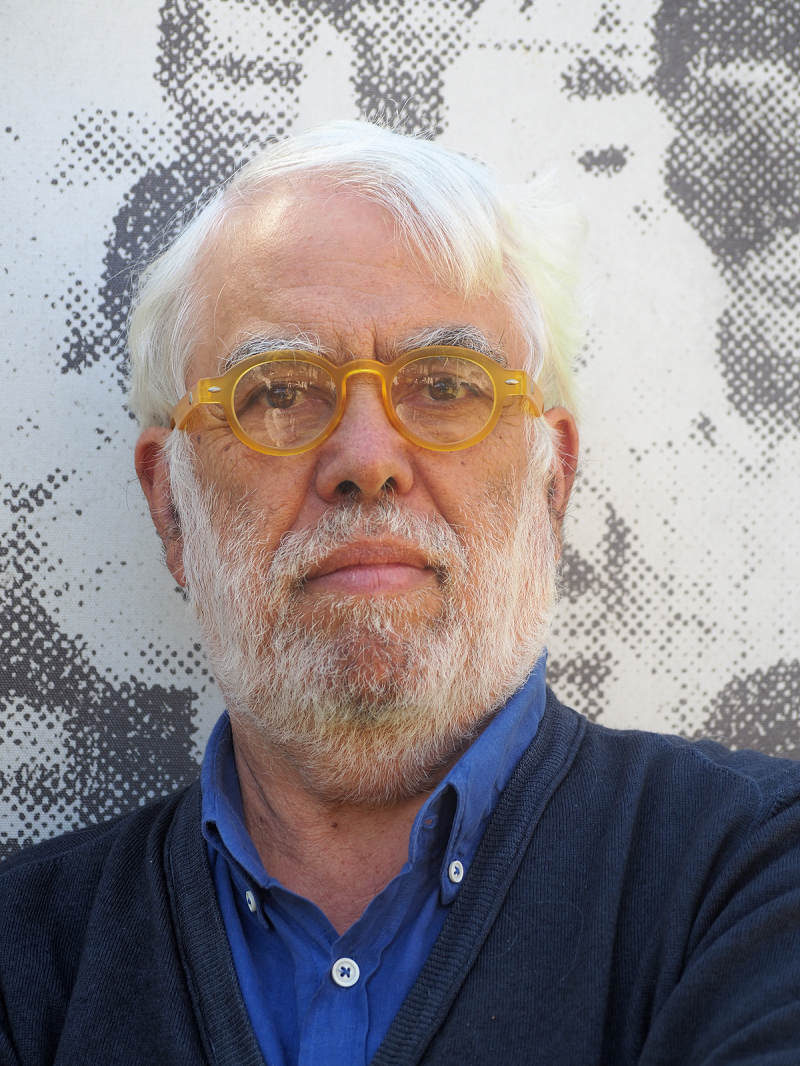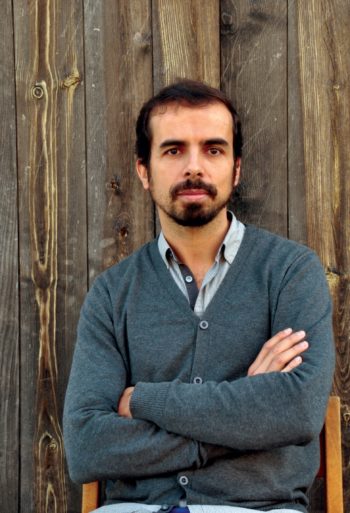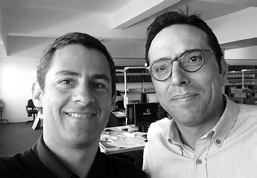A conversation with Arch. Fernando Bagulho

A conversation with Arch. Fernando Bagulho
‘It is necessary to solve the new needs of living, (...) the challenges of teleworking. (...) We still have, as a paradigm of urban housing, models more than one hundred years old (...) that will be necessary to combine with utility housing, an alternative to the workplace.’
In 2014 you gave a first interview to Artes&Letras. What has changed since then?
In 6 years everything has changed but the architecture project keeps the same structure since the drawing act is the support for the development of architectural ideas. With the pandemic, we went from the sketch developed by four or six hands to the sketch created by two or three mice (or digital canvas); from the tracing paper and the back of the mail superscript to the shared screen (although I like to use the superscript where I draw with my left hand, which I photograph and then travel to the screen. I do it with my left hand, which is more cerebral and less affected by mannerisms, like Arch. Manuel Tainha advised us).
We talked about your position regarding the RGEU, real estate interests, the mistakes of state entities. How do you describe the current situation?
There are opportunities for change with the new EU regulatory requirements (Eurocodes) in the structural design of new buildings and modification of the existing ones. As I said then, licensing is sloppy, in relation to the structural dilapidation of buildings, making them less suitable to withstand an earthquake, and centered on vague concepts such as “aesthetic party”, to the disadvantage of quantifiable quantities for Excel table. The preference of clients for decorator projects reflects the delay regarding the project culture that must be changed on many fronts. These include bank financing, in which the quality and rigor of the project are not yet a guarantee for the operation to be financed. Nor are the social classes with greater economic power sensitive to this. Look at the large windows, in the promotion of luxury, even in areas of extreme noise. It will be difficult to find a single one that complies with the noise law. In senior homes I advise the use of electricity instead of gas. Forgetting a heating pot has risks that do not occur on the electric plate, but the state law imposes the existence of a gas project even in homes that won’t be able to use it.
Did the concept of “social architecture” stop with the SAAL project or have there been concerns over the years?
The architecture participated by the residents, and the social movements claiming the right to housing in qualified urban soils, was absorbed by the supply of social housing of production and municipal management, which will always have to exist but shouldn’t be the only way to access housing to low income families. There are social strata with capacities and resources (as stated in the Decree creating SAAL), which can be mobilized to solve the new housing needs, facing the new challenges of telework. Let’s not forget that we still have, as a paradigm of urban housing, models that are more than a hundred years old, that embrace the basic functions of habitat (eating / living / sleeping), which will need to be combined with utility housing, an alternative to the workplace.
How do you see the future of Architectural Heritage management?
Worried about the consequences of teleworking, with everyone doing their best, hidden behind the monitor and without having the coexistence of generations, with accumulation and transmission of knowledge and expertise. We are on the verge of the intervention of Artificial Intelligence programs, which will do the work of analysis of compliance with rules and regulations without human intervention, with advantage for those who manage, who will deal with tables of deviations, instead of the subjectivity of opinions, and greater clarity and transparency of decisions for those who are managed. The revision of the CCP, to admit choice based on quality rather than price, and the return to a culture of good training for public decision-makers, which puts an end to fear, indecision, and advancement, along with the re-foundation of the justice system, are the key elements for the success of the decade’s transformations that is just beginning.
Assuming there is a global vision of architecture and a specialized vision of engineering, how has it been working with BETAR?
An engineer said that there is nothing worse than bad engineering, because bad architecture will be patent and in plain sight, while bad engineering will be hidden. Unfortunately, we have been watching its proliferation, with the principle of technical responsibility, leaving the services without verification or scrutiny. Any human activity will only have quality guarantee if it is scrutinized. It is witnessed all over the country, in all areas of engineering – either by ignorance of the private client, who ignore the nature and relevance of the services, or by the inoperativeness of the professional bodies, which protect the exercise of the professions, or by the natural inbreeding of the regions and municipalities – to the continued degradation of the services, to which we will have to put an end. From this pessimistic picture, it is a privilege to work side by side with teams of engineers like BETAR, who share a culture of design and rigor of service, indispensable for a craft architecture studio like ours.
This interview is part of the Artes & Letras Magazine #124, of November 2020
Partially automatic translation from portuguese: some expressions may differ from their actual meaning.
News & Interviews
A conversation with Arch. Paulo Pereira
'It would be very important for the landscape architect to be heard properly and the idea that he only comes to "add the flowers" later, must disappear' Read more
A conversation with Arch. Tomás Salgado and Arch. Nuno Lourenço
'In most of the projects we do, it is difficult to say, in the end, who was the author. Everyone collaborates' Read more
Betar is one of the members of the ‘Construction Foundation’
The Order of Engineers, the Order of Architects and the Order of Economists have joined 14 construction-related companies to create a foundation to respond to the sector's challenges. Read more




